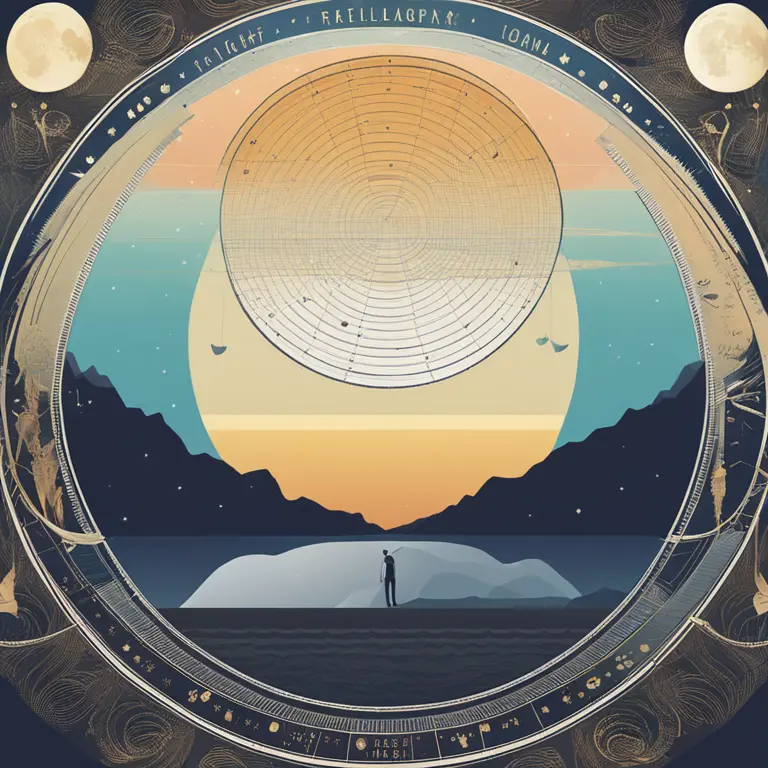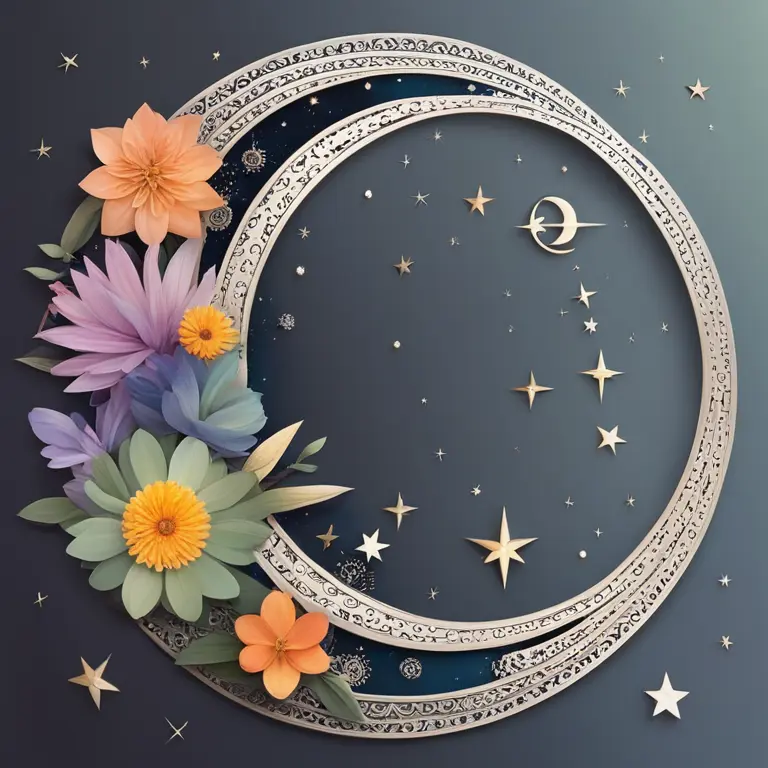
The Moon's Phase and Its Effect on Birth
Discover whether the phase of the Moon plays a role in the timing and circumstances of childbirth in our celestial-focused examination.
article by Priya Deshmukh
Introduction to Lunar Influences
The celestial dance of the Moon has fascinated humans since time immemorial—its waxing and waning is not only a visual spectacle but is believed by many to hold sway over the rhythms of Earthly life. In this context, one question arises with persistent curiosity: does the phase of the Moon affect the circumstances surrounding birth? This concept isn't new; it is deep-rooted in folklore and even the subject of some scientific speculation. In this discourse, we'll delve into the intricacies of lunar phases and their potential impact on childbirth.

The Science Behind Moon Phases
Before exploring lunar influence, it's pivotal to comprehend the fundamentals of moon phases. The Moon orbits the Earth, reflecting sunlight at varying angles during its 29.5-day cycle. This cycle—from new moon to the first quarter, full moon, and last quarter—creates our visual phases. A full moon's radiance has long been associated with an increase in births, an assertion examined by researchers with varying conclusions. What's most fascinating is how these celestial mechanics might intersect with human biology.

Astronomical Patterns and Birth Rates
Historically, birth records have been scoured for patterns correlating with lunar movements. A few studies purported a slight rise in births around the full moon, suggesting that perhaps the moon's gravitational pull could influence the onset of labor, akin to its effects on Earth's tides. However, many scientific inquiries dismiss a strong correlation, citing consistent birth rates irrelevant to lunar phases. The question lingers, however, as humans search for connections in the alignment of celestial and life events.

Astrological Considerations in 2024
Within the domain of astrology, each lunar phase symbolizes different energies and potentials for individuals born under its influence. Moving into 2024, horoscope readings emphasize the creative sparks flying during a waxing crescent moon while aspirations come to fruition under the full moon's glow. Astrologers might suggest planning significant life events, like childbirth, around these auspicious times. Still, parents-to-be also consider the moon sign under which a child is born, anticipated to mold facets of their personality and fate.

The Biorhythmic Approach
Biorhythms, another facet of our exploration, offer a lens into the physiological and psychological cycles humans experience. Some theories suggest that lunar phases could serve to synchronize or disrupt these internal cycles, influencing, among other things, a woman’s menstrual cycle and potentially her time of giving birth. As we head further into the future, the interconnectivity of biorhythms with lunar cycles could prompt more in-depth research, especially when considering the perfect timing for conception and childbirth.
Cultural and Psychosomatic Factors
One cannot discount the cultural lore surrounding the moon's influence on life events. Psychosomatic responses—as when a person's beliefs influence their physical condition—may subtly nudge birth rates during specific phases, as expectant mothers subconsciously align with the cultural significance of the full moon. Future studies might delve deeper into this phenomenon, examining how societal beliefs interact with biological realities.
Published: 1/19/2024
Modified: 1/19/2024
More predictions
Come back here soon to learn more about yourself and your future


The Accuracy of Moon Phase Watches
Discover the precision of moon phase watches and their place in the intersection of timekeeping and celestial movements.


Are Moon Phases Universal?
Delve into the intriguing question of whether the moon phase is the same across all locations on our planet, and how this celestial phenomenon influences astrology and horoscopes.


The Reality of Moon Phase Soulmates
Delve into the mystical concept of moon phase soulmates and discover if there's truth behind the celestial connection.